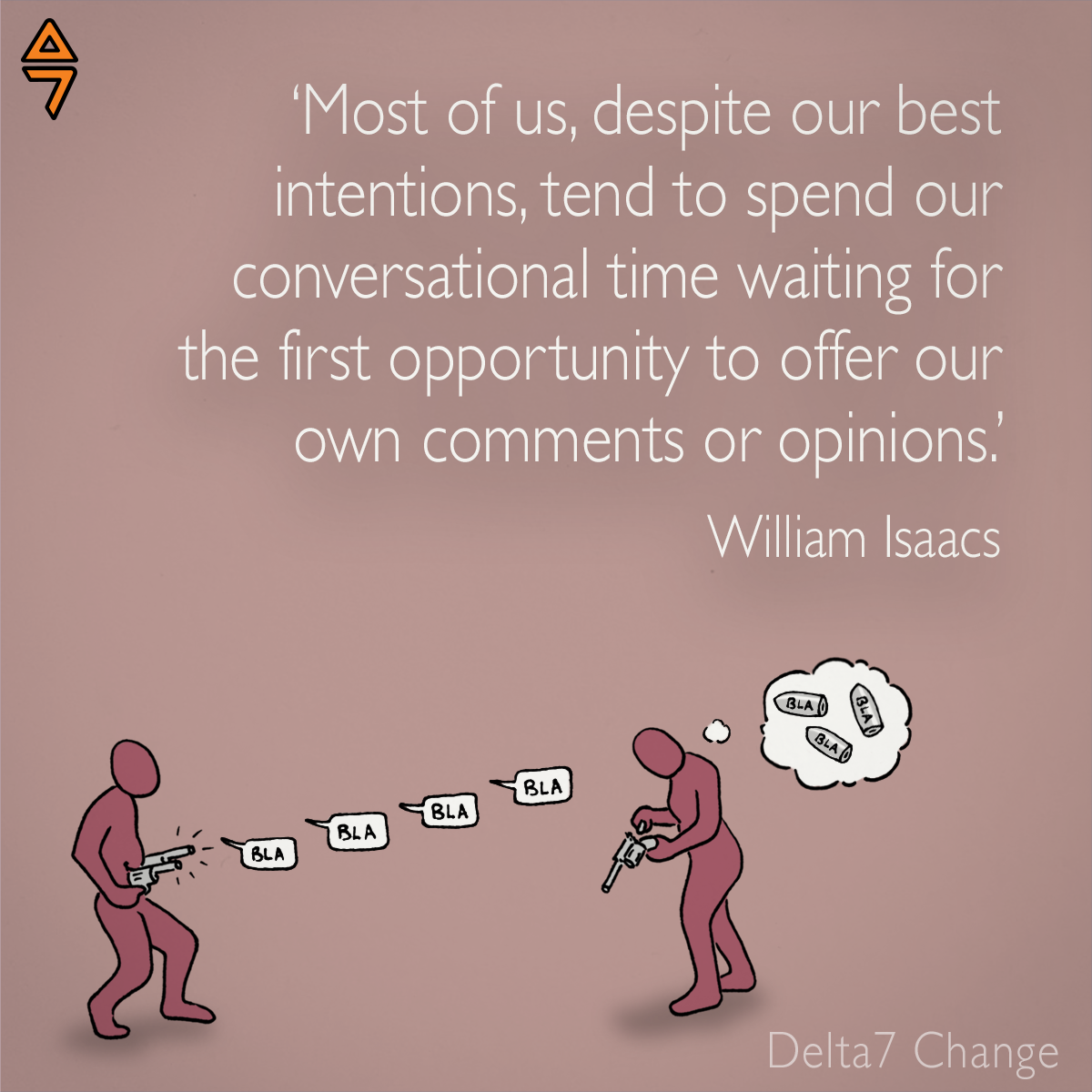Why is the NHS a failing system?
julian burton
Sometimes I’m unsure about the contribution I make when working with organisations that are going through change. I drew this image of how I felt last week about working in an apparently failing system.
Recently I've talked to several people about our public sector systems and heard about their first-hand experiences, and the what they see in this picture.
What do you see in this picture?
What is your experience?
Here are a few responses that people have kindly shared;
“I see this huge pipeful of energy about to explode... And disconnection.. Both in those trying to keep it together and the one who is curled up, in pain, in doubt and in helplessness. I feel reassured seeing this image knowing that we are talking about this futility and disconnection....”
“Do we stop trying to cover the gaps with plasters and rip them off.... come at it with a new approach, fresh eyes?”
“There's still a few more plasters left in the box. All is not quite lost.”
“We seem to be facing failure on a global scale and it's easy to feel like the kneeling figure on the right (I often do...) And... it's important to process these feelings, to acknowledge them and bring them to the surface such that we can join in grief and despair.”
“I see people who are noticing and not turning a blind eye. People using whatever resource they have (big or small) to stem the flow. People drawing attention to the issue, calling for help or action. And just on the periphery are more people combining resource, talent, skill in order to rebuild the system (with environmentally friendly materials, of course). Big effort takes longer to mobilise and co-ordinate but it needs those brave few to triage until the rest arrive.”









